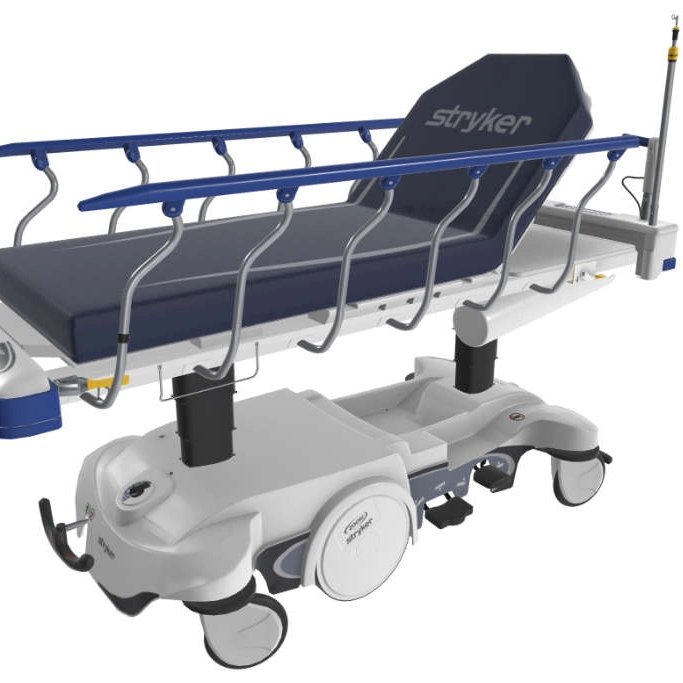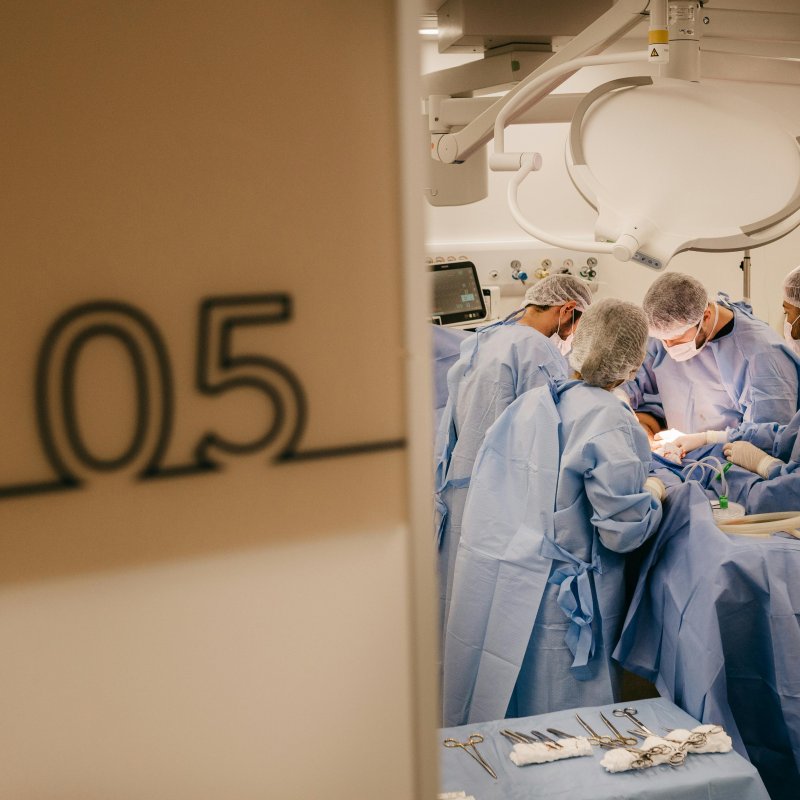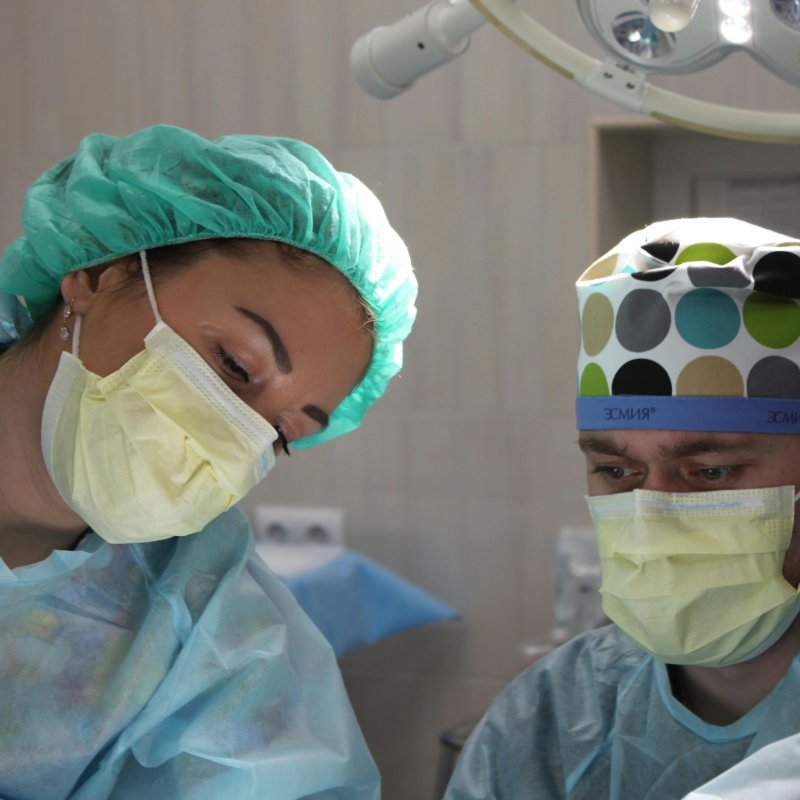Contact Us
+44 20 32897141 / 1 Pickle Mews, London, SW9 0FJ
The Role of VR in Intensive Care Medicine (ICM)
Published
May 27, 2025
Tags
Intensive Care Medicine (ICM) is a highly complex medical field where intensivists are involved in all aspects of care for the critically ill, supporting the diagnosis and treatment of acute illnesses. According to The Faculty of Intensive Care Medicine, 150,000 patients a year in the UK are admitted to an ICU (critical care unit). Each of these patients will be dealing with critical conditions, which often coincide with the failure of a vital organ. A Kings Fund report stated that cardiovascular and respiratory support were the most prominent cases and accounted for a large share of critical care activity.
Intensive Care Medicine Training Pathway
Due to intensive care not being limited in the conditions it treats, medical professionals operating in this department need to prepare for an array of scenarios. Not only this, it must come alongside rapid decision-making and responding to emergency scenarios with procedural mastery. This ability stems from extensive training that enables medical professionals to build procedural knowledge and muscle memory.
The route to ICM commences with the attainment of a medical degree and two years of foundation training, then subsequently following the ICM training pathway. The standalone ICM Certificate of Completion Training (CCT) programme may follow one of the three core programmes which take place over the course of four years.
- Acute Care Common Stem (ACCS) – Internal Medicine, Anaesthetics & Emergency Medicine
- Core Anaesthetic Training (CAT)
- Internal Medicine Training (IMT)
Training Limitations
Whilst Intensive Care Medicine training is expansive, the execution can be challenging on account of the inherent challenges that are present in the department, which include:
- Limited exposure to rare or critical scenarios – Although there is core training delivered at the start of the ICM training pathway, the next phase includes consolidating expertise in a specialist skill such as Extra Corporeal Membrane Oxygenation (ECMO) or transfer medicine, where training opportunities may become limited due to training expertise or availability of sessions.
- Pressure of training on real-life patients – The majority of the scenarios that are encountered in intensive care are life-threatening and therefore training junior doctors on core procedures during these high-pressured scenarios could put the patient at risk.
- Limited scalability – On account of the need for continuous patient monitoring, ICUs have a higher staff presence compared to other wards and therefore require a higher volume of training to accommodate trainees.
Lets explore a real-world example. A tracheostomy is a tube placed surgically in the front of the neck which can be used to treat severe airway problems, help wean of ventilatory support, or as an adjunct to surgery. Whilst often lifesaving, having a tracheostomy can be dangerous. The National Tracheostomy Safety Project(NTSP), led by Professor Brendan McGrath, and contributor to ExR, has dedicated much of his career to improving the safety profile of tracheostomies through education and training using simulation. Whilst highly effective, the cost and lack of replayability limit upscaling training. In collaboration with the NTSP, ExR are collaborating on delivering tracheostomy training at an unprecedented scale.
VR for Intensive Care Medicine
Virtual reality (VR) is poised to address the challenges presented in the current training format. It has the ability to deliver an immersive and engaging format, whilst being widely accessible and scalable. Training programmes built with virtual reality allow trainees to practice procedures in a safe environment with no risk to patients. Immersive digital environments can replicate real-life training scenarios of essential ICU procedures from airway scenarios to central line insertion, to support trainees’ cognitive understanding and muscle memory for skill development.
VR technology introduces a supplementary training format that can seamlessly embed into existing training frameworks, bringing with it accessibility, repeatability, and proven knowledge retention. A study with the University of Greater Manchester found that undergraduate medical students who used virtual reality for just 15 minutes to train using a rigid bronchoscope had a 3x improved knowledge, 2x confidence and 2x improved level of competence.
Building Medical Device Competencies
Aside from procedural training, virtual reality can assist with the operational training of medical devices and equipment that offer life-saving care to patients on ICU wards. At ExR, we curate simulations that enable medical professionals to interact with medical devices and equipment, including the likes of ventilators and infusion pumps that are commonplace in any ICU ward. To produce an accurate depiction of your chosen medical device, we apply photogrammetry which creates a digital twin that is an exact replica of your device, for a seamless transition between virtual training and real-life application. Our 3D virtual reality artist will then apply interactive elements to the replica, such as button clicks, monitor screen changes, or even allowing users to lift the device. Training in this way allows users to develop advanced operational knowledge of key medical equipment.
Delivering Accessible ICM Training
At ExR Education, we are advancing the adoption of VR training across the NHS. Unlike other VR training platforms, our platform is free to any medical professional with an NHS email address, to democratise access to this innovative form of training and to scale immersive training across the NHS. We have already developed over 150 VR experiences that have been expertly co-created with NHS trusts and academic institutions, including a collection dedicated to Anaesthetics & Intensive Care Medicine. So far, this collection encompasses VR training simulations for airway scenarios, safety checklists, intraosseous access, and many more. All of which have leveraged the expertise of doctors and nurses to deliver clinically sound training sessions.
Through our collaborative approach, we can support your Trust with the development of VR simulations that cover gaps in your training programmes, or help to elevate core training scenarios. The benefit of which will be felt across all 250 NHS trusts.
Our solution is uniquely placed to alleviate the training pressures in Intensive Care Medicine, widening access to transformative simulations that can prepare your team for high-pressured procedures in the ICU. Explore how ExR can advance your training.
Most recent posts
Like what you read?
Please get in touch with us.



